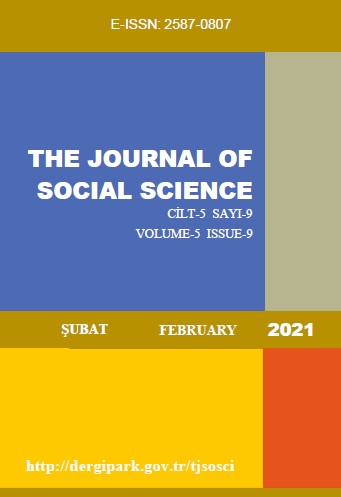PISA 2012’DE ÖĞRENCİLERİN MATEMATİK BAŞARISINI SINIFLAYAN DEĞİŞKENLERİN BELİRLENMESİ
DETERMINING THE VARIABLES CLASSIFYING STUDENTS' MATHEMATICS ACHIEVEMENT IN PISA 2012
Author(s): Şule ÖTKENSubject(s): School education, Educational Psychology, Psychology of Self, Evaluation research
Published by: Dicle Üniversitesi, Sivil Havacılık Yüksekokulu
Keywords: PISA; maths achievement; mathematics self-efficacy; mathematics self-concept; mathematics anxiety;
Summary/Abstract: In this study math anxiety, math self-efficacy, math self concept, the variables of Turkey 15 years old student of mathematics achievement could determine which classes are intended level of accuracy. Turkey participated in the PISA study in 2012, aged 15, was executed at a test over 1499 students. The mathematics self-efficacy, self-efficacy and mathematics anxiety subscales of the PISA 2012 student questionnaire were used within the scope of the study. Binary logistic regression analysis was used to analyze the differences between the mathematics achievement scores of students in the 15 age group participating in PISA according to the variables in the PISA student survey. As a result of the analysis, it was found that the variables of mathematics self-efficacy, mathematics self-efficacy and mathematics anxiety were significant in predicting students' success in the mathematics exam.
Journal: The Journal of Social Science
- Issue Year: 5/2021
- Issue No: 9
- Page Range: 241-249
- Page Count: 9
- Language: Turkish

